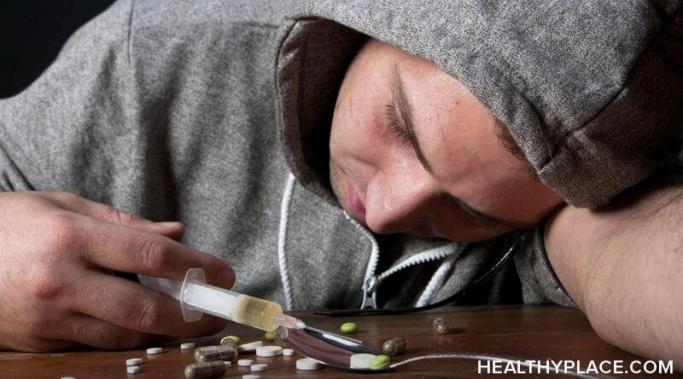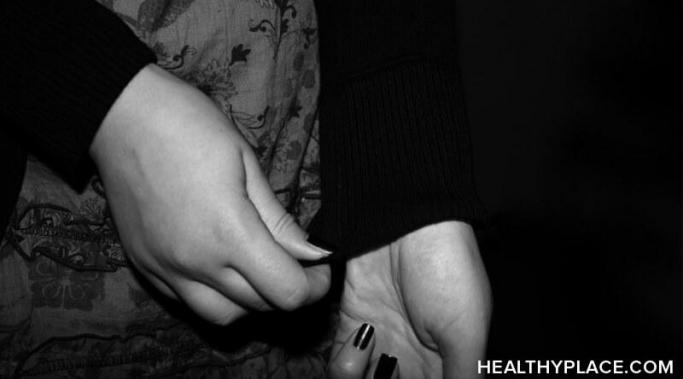Sometimes I wonder if I'm doing enough to fight mental health stigma. In the mental health community, one of the main things we talk about is combatting stigma. So much so that I'd argue there's this sense of pressure to always be going up against it as well. While fighting mental health stigma is important, pressure of any kind can be harmful.
Dealing with Stigma
The stigma surrounding drug addiction can be just as pervasive as drug addiction itself. It's important to realize that spreading drug addiction stigma doesn't address the overall issue of drug addiction or to people recovering from the illness.
Fighting mental health stigma can be scary, especially knowing things will change once you stop being silent and start speaking out. The scariness might be because you live with a mental illness, so you'll be opening up to vulnerability. Or it could be because you'll be clashing head-on with stigma's titan-like reputation. Sometimes you're not even sure exactly how things will be different. So what changes when you begin fighting mental health stigma?
#YouCantCensorMySkin is a backlash against Instagram's attempt to censor self-harm scars on the platform. There are many reasons why something might be censored. In the mental health sphere, it's often done in an attempt to avoid negatively impacting others by triggering them. This is especially true for self-harm, but it begs the question of at what point does censorship become stigma?
While there are many people in the world who continue to stigmatize mental health, sometimes the most trying situations come from dealing with the people in our immediate lives who continue to spread stigma. There are a number of ways to handle people who approach mental health from a perspective of stigma, but here are 2 easy ways that you can deal with the people in your life.
Grief from the loss of a pet is generally not well understood by others. But grief is a complicated experience that impacts people in different ways. Because loss isn't one size fits all, it can be difficult to understand, and the grief from the loss of a pet can become subject to stigma.
Despite my best efforts and all that I do, I sometimes catch myself thinking stigmatizing thoughts related to mental health and people with mental illness. I'm sure others do too, especially those who may be new to the mental health sphere. There are steps we can take to manage those stigmatizing thoughts to turn them around and lessen their frequency.
Will your new year resolutions cause self-stigma? With the new year comes new resolutions. Many times those resolutions center around health and wellbeing, so it's no surprise people are making resolutions to overcome mental health struggles. But can new years resolutions create mental health self-stigma?
It may seem odd to say that mental health stigma might actually be self-care, but hear me out. When we're struggling and someone pulls away, it can feel very much like mental health stigma. We might think that person doesn't understand or is being unfair. But what if that person is simply practising self-care?









